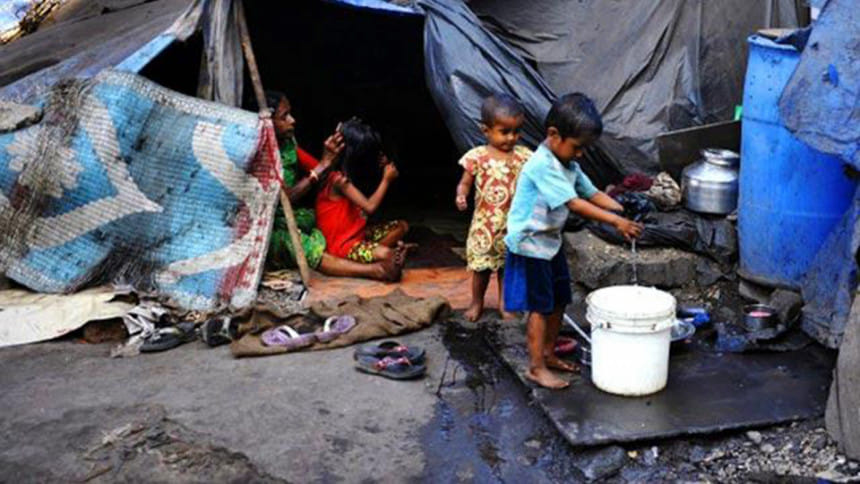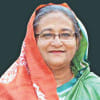‘Parliaments’ collaboration crucial for poverty-free S Asia’

Collaboration among national parliaments is crucial in advancing the vision of a poverty-free South Asia pursuing the Sustainable Development Goals (SDGs), said Speakers of South Asian countries at a high-level meeting in Dhaka today.
Parliaments have a vital role to play to help achieve the sustainable and inclusive development goals by formulating necessary laws, allocating required budget and holding the governments accountable, they said.
Simultaneously, the Speakers underscored the need for environmental conservation to make any development sustainable.
"Regional cooperation is essential to underpin the sustainable development in South Asia," said Jigme Zangpo, Speaker of the Bhutan national assembly Tshogdu, "We need to redefine and rejuvenate our cooperation for a happy South Asia with 1.7 billion people."
The Inter-Parliamentary Union (IPU) together with Bangladesh Jatiya Sangsad (parliament) and Washington-based non-profit Campaign for Tobacco-Free Kids organised the two-day South Asian Speakers' Summit on achieving the SDGs in Dhaka.
The summit is aimed at improving the life of all the people of the region with dignity and equal benefits of the SDGs, said Sumitra Mahajan, Speaker of the India parliament Lok Sabha.
"But development without nurturing the environment is not sustainable," she said. "And no development is a development without human face."
Finding commonalities and working through differences should be the goals of regional parliaments and governments, said Shirin Sharmin Chaudhury, Speaker of the Bangladesh Jatiya Sangsad.
Environmental protection and continuing economic growth should go hand in hand and not conflict, she said.
The SDGs would be of great help in achieving a poverty free dignified life in South Asia that is home to 40 percent poor and 30 percent hungry people of the world, said Dr Nagesh Kumar, head of South and South-West Asia of Economic and Social Commission for Asia and the Pacific.
But sustainability, inclusiveness and reducing inequality are some critical challenges of the SDGs in South Asia, where Millennium Development Goals are still an unfinished agenda, he said.
Echoing his regional colleagues on the important role of the legislatives in translating the SDGs into realities, Abdulla Maseeh Mohamed, Speaker of the Maldives parliament Majlis, said that high prevalence of tobacco consumption remains a potential barrier towards sustainable development.
The UN adopted 17 sustainable development goals with 169 targets for 2030 period in September last year for achieving a poverty-free dignified life for all people.
Over 95, 000 people die from tobacco related diseases each year in Bangladesh, according to an information handout circulated at the summit that cited the World Health Organization.
Each year, about 1.2 million illnesses related to tobacco consumption occur in Bangladesh. The diseases include lung cancer, cardiovascular diseases, coronary artery diseases, chronic obstructive pulmonary disease among others.
In 2004, the country suffered an economic loss of three percent of its GDP, as Tk 51 billion was spent on treating tobacco related diseases and on the other hand the productivity loss tobacco consumption caused was worth Tk59 billion.
Over 41 million adult people in Bangladesh at present consume tobacco in smoking and smokeless form, according to the handout.
Speaker of Afghanistan house of the people Wolesia Jirga Abdul Raouf Ibrahimi, among others, spoke at the programme chaired by IPU President Saber Hossain Chowdhury.

 For all latest news, follow The Daily Star's Google News channel.
For all latest news, follow The Daily Star's Google News channel. 








Comments